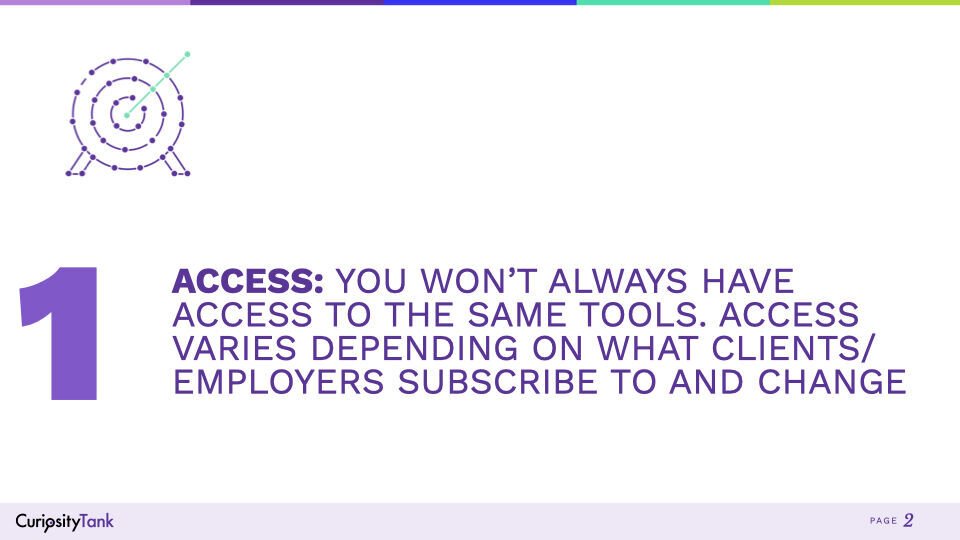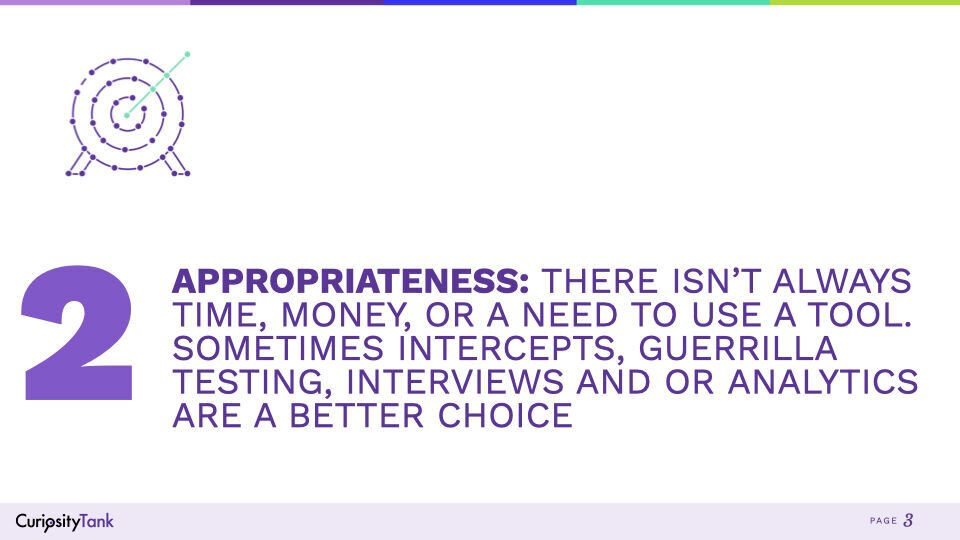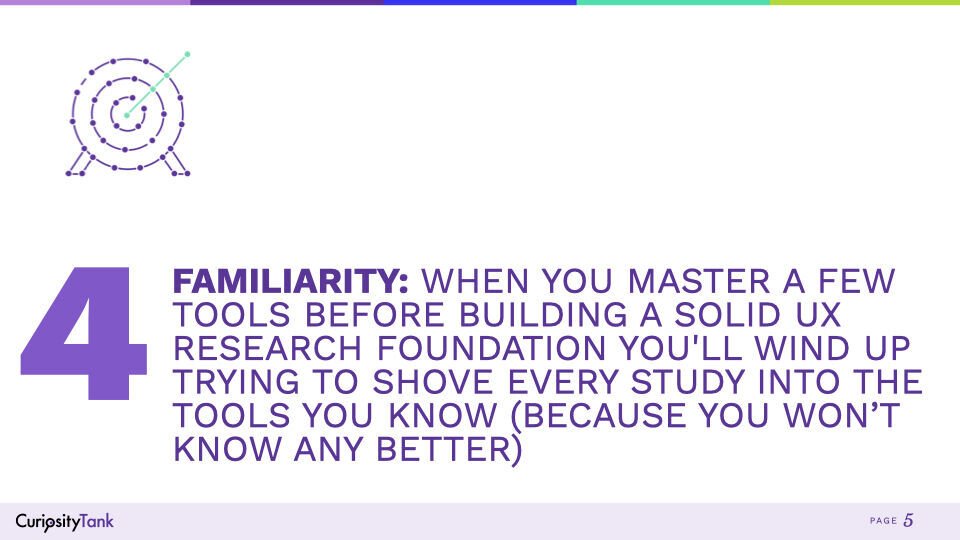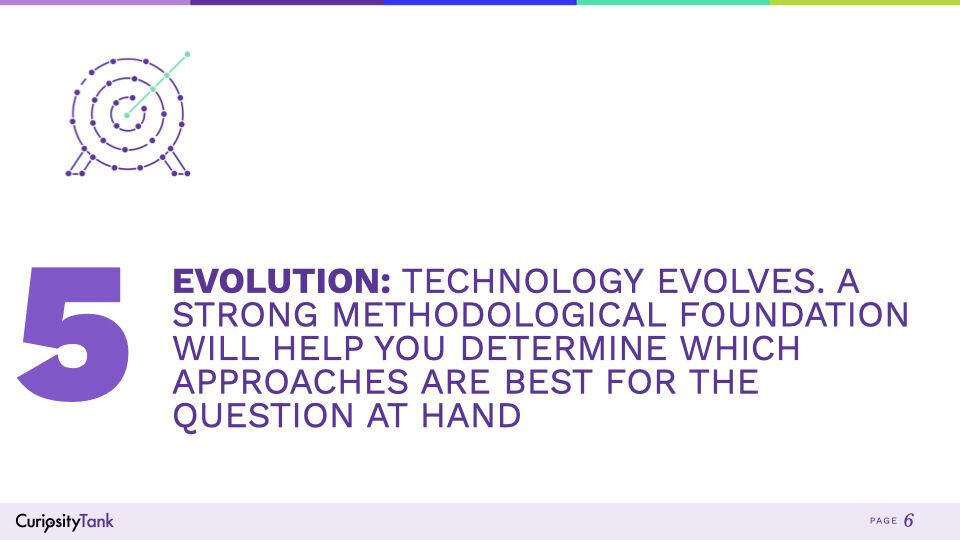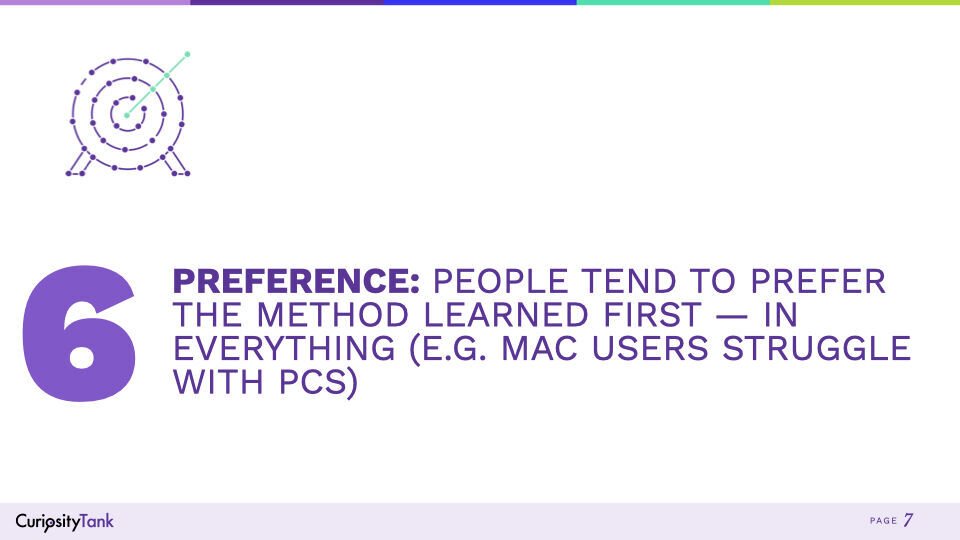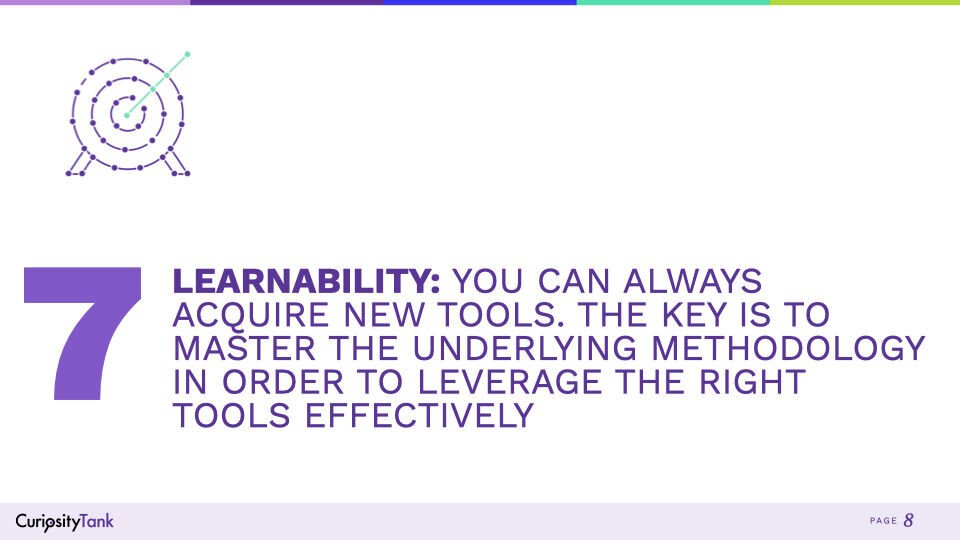There is no substitute for having solid research foundations
There is absolutely no substitute for having solid research foundations! I’ll say it a million times. Here are 8 concrete examples of why this is so crucial.
First, I recently began a new research engagement. Super excited! While I’ve worked for 12+ years as a researcher, and research educator, there are always surprises and new challenges to overcome.
My initial task was to unexpectedly take over a study from another researcher. There were 13 sessions total. These in-person sessions ranged from 60-120 minutes on mobile. I observed sessions 11 and 12 in-person and received the background material and recordings shortly after.
SEE THAT? A researcher can be brought in at ANY POINT IN THE PROCESS.
This is why building your research foundations is critical
This is why you should NOT focus on tools, platforms, or a specific methodology (other than interviewing) before you NAIL DOWN your foundations.
First, learn how to conduct every phase of user research without tools or platforms. Make sure to master how to ask solid non-leading questions and interview. Then practice!
Here are 7 more reasons why this is critical:
1. Access: You won’t always have access to the same tools. Access varies depending on what clients/employers subscribe to and change
2. Appropriateness: There isn’t always time, money, or a need to use a tool. Sometimes intercepts, guerrilla testing, interviews and/or analytics are a better choice
3. Suitability: Tools have separate functions. Don’t compare them, or prioritize learning them, until you have a specific question set, or use case, to evaluate it against
4. Familiarity: When you master a few tools before building a solid
UX research foundation you'll wind up trying to shove every study into the tools you know (because you won’t know any better)
5. Evolution: Tech evolves. A strong methodological foundation will help you determine which approaches are best for the question at hand
6. Preference: People tend to prefer the method learned first — in everything (e.g. Mac users struggle with PCs). The first tool you know will likely become your default platform, and it's also likely not to be the best tool long-term
7. Learnability You can always acquire new tools. The key is to master the underlying methodology to leverage the right tools effectively.


